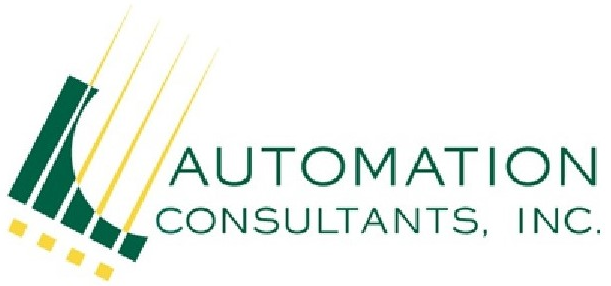Link: www.eurekalert.org…
22-Aug-2016
Strong external governance makes top managers more prone to cheat
Rice University
HOUSTON – (Aug. 22, 2016) – When top-level managers find governance mechanisms too coercive, they’re more likely to commit fraud, according to a new paper by strategic management experts at Rice University’s Jones Graduate School of Business, Auburn University’s Harbert College of Business and Indiana University’s Kelley School of Business.
This goes against the conventional wisdom that external corporate governance measures, such as a threatened takeover, naturally curb financial fraud by company leaders, said Robert Hoskisson, the George R. Brown Professor of Management at Rice. He co-authored “External Corporate Governance and Financial Fraud: Cognitive Evaluation Theory Insights on Agency Theory Prescriptions” with Brian Connelly, a professor of management at Auburn, and Wei Shi, a former doctoral candidate in strategic management at the Rice, who joined the faculty at Indiana University this summer. The paper will be published in the Strategic Management Journal.
“Many of us are familiar with stories about top managers ‘cooking the books’ in one way or another,” the authors wrote. “As a result, companies and regulatory bodies often implement strict controls to try to prevent financial fraud. However, cognitive evaluation theory describes how those external controls could actually have the opposite of their intended effect because they rob managers of their intrinsic motivation for behaving appropriately. We find this to be the case. When top managers face more stringent external control mechanisms, in the form of activist shareholders, the threat of a takeover or zealous securities analysts, they are actually more likely to engage in financial misbehavior.”
…
“In sum, our findings suggest that policymakers may face a paradox in regulating corporate governance,” the authors said. “Imposing strict external monitoring and control can decrease top managers’ intrinsic motivation and reduce their focus on internal values, potentially leading them to commit financial fraud. However, granting top managers too much freedom from external performance pressure could result in some managers extracting personal gains at the expense of shareholders. Perhaps managers can ‘earn the right’ to autonomy over time as they demonstrate that they consistently act in the best interest of shareholders, despite who may or may not be looking over their shoulders.”
To see the entire article, please click here.


